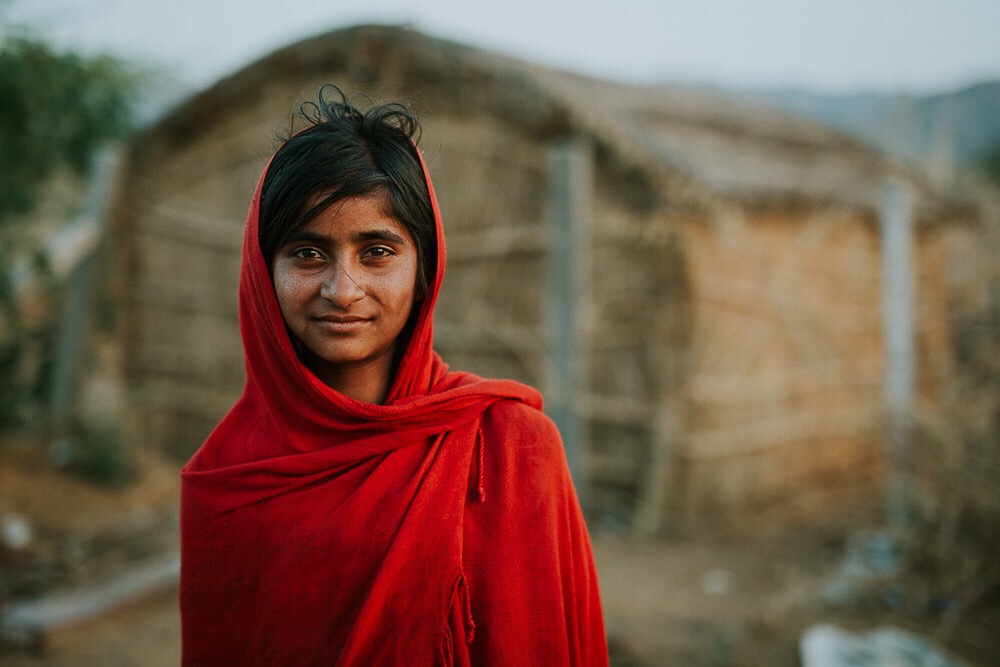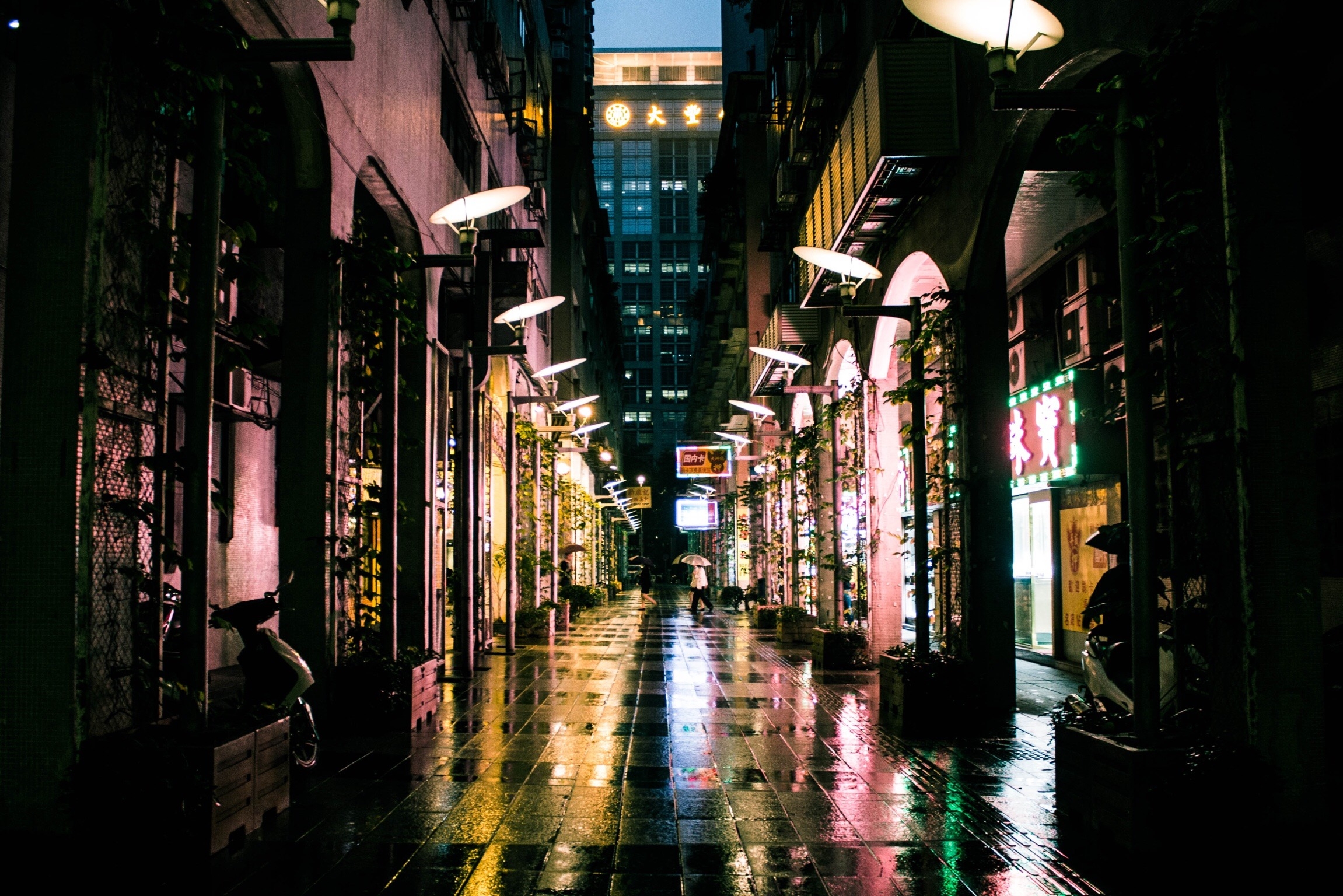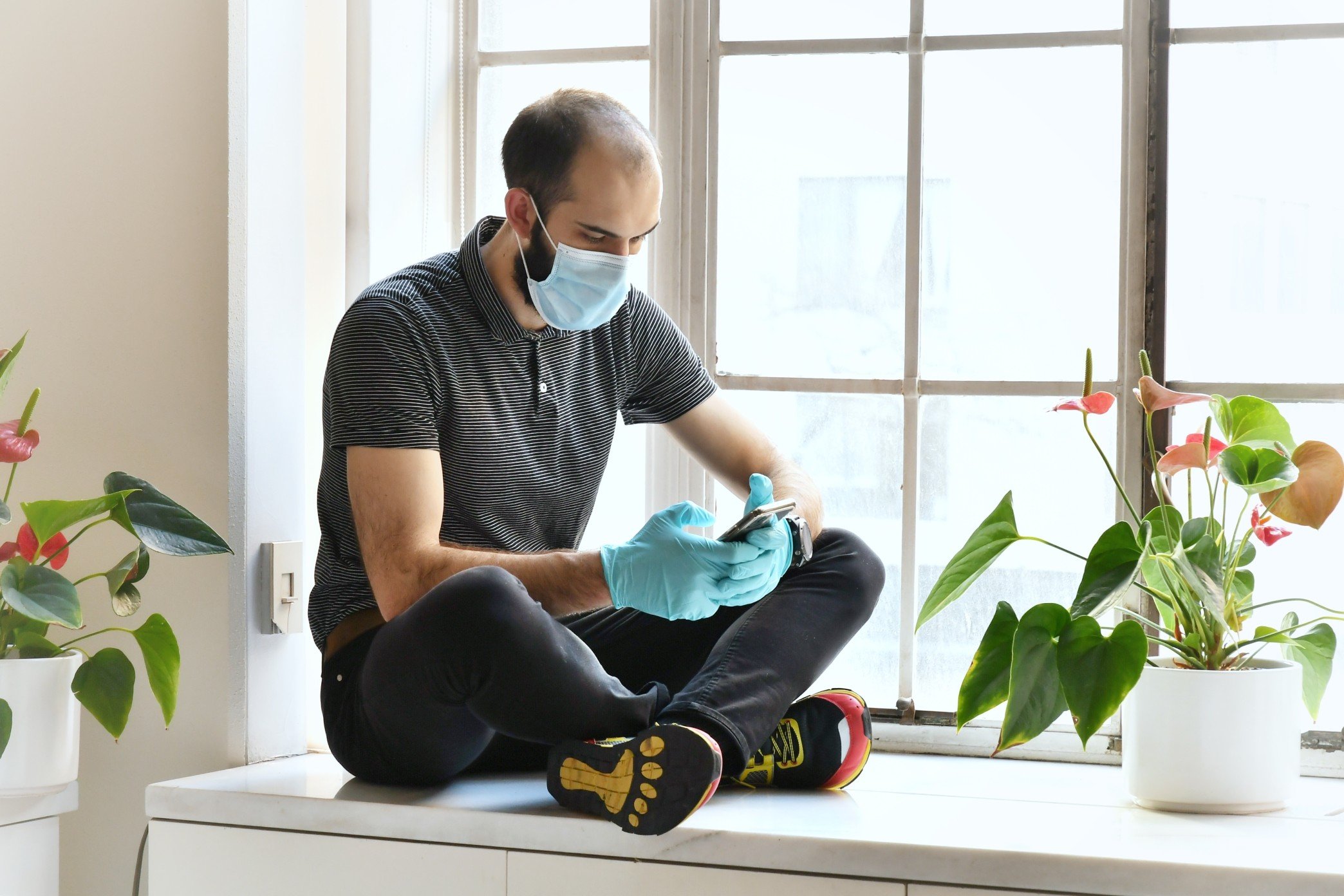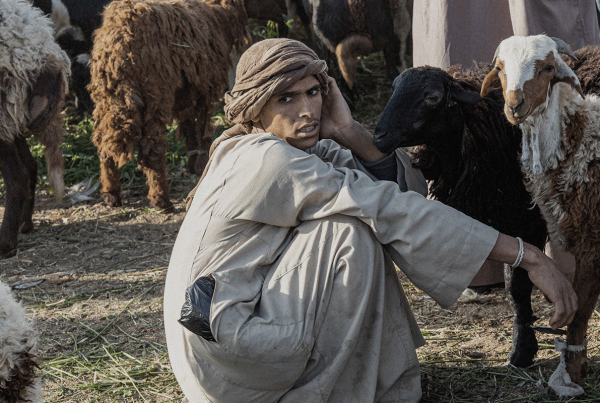The COVID-19 Crisis has, in many ways, resulted in more shared humanity than any event in human history. It is doubtful that anyone will remain unaffected by this virus in one way or another.
As we experience an even greater connection to our global community, we cannot help but feel even more concern for the vulnerability that is being transferred across nearly every demographic throughout the world as a result of this crisis.
Most nations have mandated shelter-in-place laws, resulting in soaring unemployment rates, food shortages, and heightened health risks. As insecurity rises, we know that desperation is rising along with it.
Naturally, we at The Exodus Road are very concerned about how the virus may increase risk for those already in danger of falling prey to traffickers within both the labor and sex industries globally.
Trafficking victims are vulnerable, and COVID-19 only increases that vulnerability.
With loss of income comes increased vulnerability. Those who have lost jobs along with the millions of daily wage earners unable to work find themselves wondering how they will pay bills and feed their children. The nearly overnight fallout of earnings will place many in a position ripe for exploitation.
Risk has increased for many trafficking survivors as well. These men and women find themselves teetering on the edge of exploitation as a result of already-tenuous employment disappearing quickly. Courtney Skiera-Vaughn, Director of Free the Girls, an organization that exists to help women rescued from sex-trafficking reintegrate into their communities, tells us in a recent interview:
“Since we work on the reintegration side of it, the economic impact on our women is our highest concern. With restricted movements and fear driving less purchases of non-essentials, we are most concerned that [the women in our programs] are going to be at high risk for being re-exploited and/or returning to prostitution.”
Other leaders working with survivors in El Salvador, Thailand, and the United States have echoed Courtney’s sentiments, particularly highlighting lack of housing as a contributor of risk due to closed shelters and unsafe migration. Currently, hundreds of thousands of displaced workers are attempting to return to their home villages on foot, as factories have closed and transportation services ceased. Many are becoming trapped and unsheltered at borders which are now closed to contain the spread of COVID-19.
As The Exodus Road’s India Country Director said, “Who is going to care for these victims? Give them food? Who will take care of them? This is what breaks our hearts.”
And while the needs for many current victims of trafficking right now are dire, the ripple effects long after the pandemic lessens are a concern, as well. The economic impact on the global poor will be long lasting — causing those on the margins of society to become even more vulnerable in the coming months.
With shelter-in-place orders, most global venues for commercial sex are temporarily closed.
Government orders for non-essential businesses to temporarily suspend operations to combat the spread of COVID-19 has meant entertainment venues have closed their doors, including red light districts. The new atmosphere on Walking Street in Pattaya made headlines in a Thai newspaper. Once teeming with tourists, street vendors, solicitors, and sex workers, the street is now quiet and dark. Just a few people continue to venture out to drum up business, and a handful of tourists, whose vacations have come to a disappointing end, wander the empty street.
As an understanding of the pandemic grows, sex tourism has slowed as patrons are rethinking choices in light of social distancing health recommendations. Because of this, bars, massage parlors, and other similar “small business” owners around the world are facing the realities of possible financial ruin.
Meanwhile, how the COVID-19 shut down is affecting labor trafficking and its victims is yet to be understood. It can only mean exponential hunger and vulnerability for people in forced labor. Children in the brick kilns of India, men held hostage on fishing boats, garment workers in Asia, and cacao laborers who were already fighting poverty and unfair wages have less reason to hope for a change in circumstance than ever.
While most brothels are closed, demand for sex has not necessarily decreased.
Meanwhile, we might hope that the demand for commercial sex, and therefore human trafficking, would decrease during this time of bar closures and shelter-in-place mandates. Data unfortunately does not necessarily support this assumption.*
Recently published research indicates that although the actual purchasing of commercial sex has definitely decreased due to venue closures, the desire or demand for commercial sex, including sex with minors, has remained steady and even increased within certain avenues — especially within the online porn industry.
Large commercial pornography sites such as Pornhub have contributed to this surge in demand by making subscriptions free across the United States and in many European nations, hoping to capitalize on a new demographic of users as a result of the pandemic. The Canadian Parliament and U.S. Senator Ben Sasse have recently called for an investigation of this company for having distributed and capitalized on videos featuring the abuse and rape of minors and live trafficking of children.
Until pornography sites such as Pornhub are prosecuted for their crimes of human trafficking, we can expect this industry to grow as a by-product of COVID-19. It seems that reduced agency has stimulated more demand for online ‘entertainment’ in the form of explicit materials which can be ‘safely’ viewed from the comfort of one’s couch.
THE EXODUS ROAD DURING COVID-19
We know by now that increased vulnerability plus increased demand equals increased exploitation. This is why The Exodus Road continues to position ourselves to help police find and free victims of human trafficking. If anything, our commitment to our mission has only increased as a result of the COVID-19 Crisis, knowing that more sons and daughters will be at risk of sex and labor trafficking as a result.
We are particularly encouraged by the resiliency and creative response of our Global Teams during this tumultuous season, who despite needing to work from home, are using their time to continue the strategic search for victims of trafficking. In Latin America, operatives express that the virus is indeed having an impact on their work, saying:
“Investigators are supposed to do their job on the field, but the ‘battle field’ is closed. Active cases/investigations were of course suspended. Although Human Trafficking investigations will be very slow, at the same time, it will give the team a chance to do what they do before deployments: training, learning, refining, drilling, and more training.”
Before the shelter-in-place laws took effect, the Latin American Operatives took time reviewing online investigative techniques and assigned different regions to each member of the staff, giving them the task of establishing a data bank of potential new opportunities for cases. Each week they meet together using video conferencing and take time to call and support local law enforcement, sharing the information they have found.
And while all of our teams’ physical ability to investigate cases has been limited by COVID-19, the teams have increased in their research and evidence collection online — which continues to be a place of increasing criminal activity. They are also using this time, of course, to be with their own families and support their local communities and partners.
We can still fight trafficking, even during a pandemic.
In the meantime, some of us here in the United States find ourselves struggling with a lack of productivity and feelings of discouragement as we also shelter within the safety of our homes. We wonder how we can respond to the daunting injustices of the status quo given our current circumstance.
If this is familiar, check out the following practical ideas and resources that will help you fight human trafficking — even during COVID-19 and even while you are practicing isolation at home:
1) Educate yourself on how to keep your family safe from online predators and pornography sites, add apps and programs to each of your family member’s devices and carefully monitor your children’s screen time.
2) Check out these ten ways you can positively impact your community and the globe during this pandemic (free infographic here, as well!).
3) Host a virtual awareness night or book club! Read Half the Sky or watch a documentary on trafficking and host a zoom conversation about it afterwards with your friends.
4) Give a one-time gift to our COVID-19 Emergency Fund that helps keep all of our Global Ops teams safe and employed during the pandemic and provides relief resources for the vulnerable communities where they work.
5) If you own a business that has not been as financially impacted by COVID-19, consider adding a corporate social responsibility program that gives a portion of your profits in support of ending modern day slavery.
6) Host a virtual bra drive on behalf of Free the Girls to provide future job opportunities for survivors. This is a simple way you can rally your friends online and still make an impact.
7) Send care packages or directly ship gifts to your loved ones which support both those at-risk and those that are survivors. We love the AIM Shop, Mercy House Global, CauseBox, Rapha International, Malia Designs, and Freeset.
8) Spend some time on the TraffickWatch site – and then share about it on social media. This award-winning awareness tool is an excellent way to learn about human trafficking globally.
9) Sign the the change.org petition to shut down Pornhub and hold its executives accountable here.
10) Take advantage of your time at home right now, and learn about some impactful ways that you can fight human trafficking at home in one of our recent blog posts.
These are uncertain times, but the one thing we are certain of is that the vulnerable need our help more than ever. Just as this pandemic affects us, its impact has an increasing impact for those already on the margins — those trapped in human trafficking or those at-risk for exploitation. And while the virus continues to sweep the globe, we at The Exodus Road are more committed than ever to fight for the most vulnerable and help equip our community with ways they can do the same — even during COVID-19.
If you’d like to learn about The Exodus Road’s specific response and needs during the COVID-19 crisis, please visit our Response Page Campaign below.
*Data sourced from Kelly Dore, via CEASE Network
Sarah Ray serves as a Board Member of The Exodus Road. She has worked in poverty relief and social enterprise for over a decade as the Co-Founder of Yobel Market & Yobel International. Currently, Sarah works as a consultant to nonprofits in the international development space, and we are so excited to have her expertise in propelling our mission forward.
Sarah lives in Colorado with her husband and son. When she’s not working, she loves to write, hike, cook, and adventure (especially internationally)!
When asked why she’s passionate about counter-trafficking, Sarah says, “I believe human trafficking is one of the greatest injustices of our time because it dehumanizes our brothers and sisters. No human being should be able to own or profit from selling another human being. I am most passionate about people being free to know their personal worth and at liberty to live the abundant lives each of us is created for.”
We would like to especially thank leaders from these reputable anti-trafficking nonprofits who thoughtfully contributed to this article: Dton Naam, Free the Girls, Mission to El Salvador, and United Against Slavery.
For more content and resources like this, sign up for our newsletter with stories of rescue, human trafficking news, and helpful resources to fight modern slavery.










